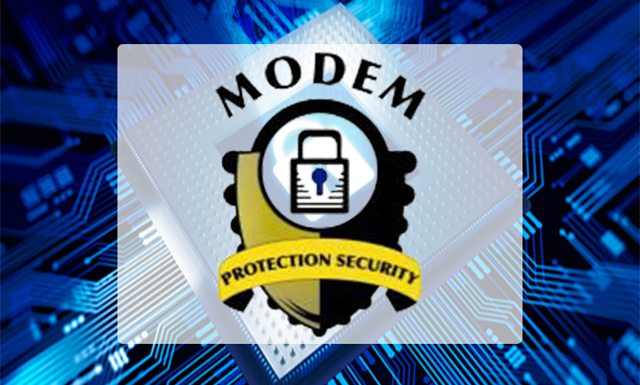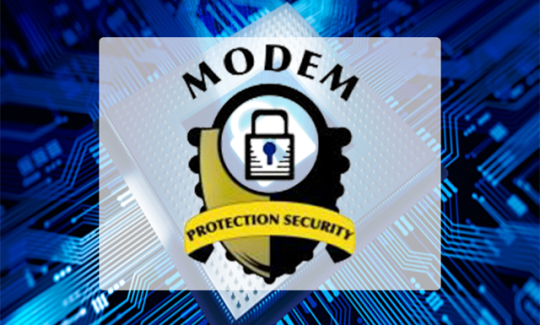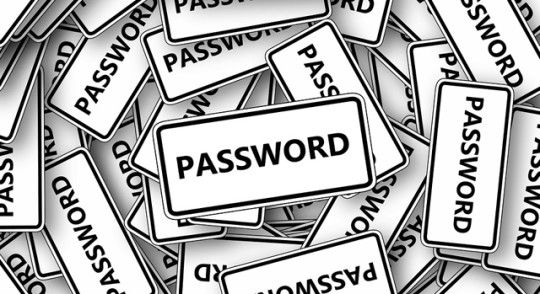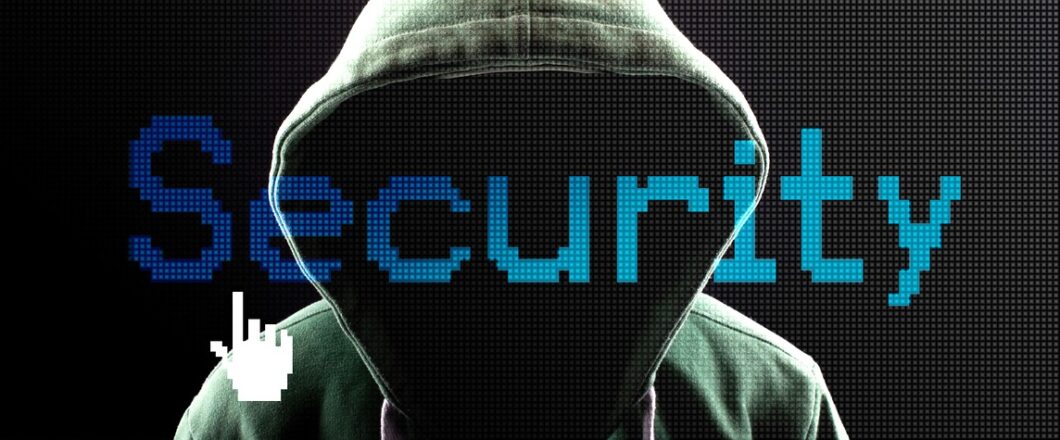
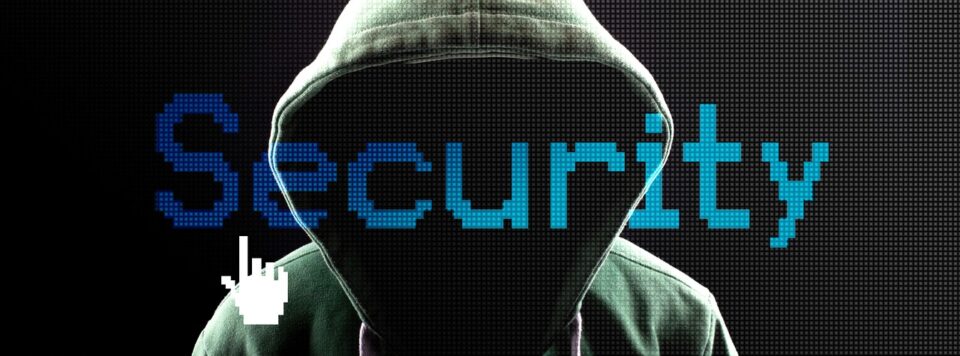
IT security can be a complex series of procedures and this can be intimidating to many people. Luckily, there are some easy ways to secure your PC.
Installing and configuring a firewall isn’t something that your average PC user will feel comfortable with. After all, how do you know exactly which services you should be allowing/denying access to? Security tasks such as this should be left to the professionals. But there are lots of quick and easy tips you can put in to place to protect your PC. All you need to do is know how to get started securing your PC. And today we’re going to share 5 quick ways to secure your PC.
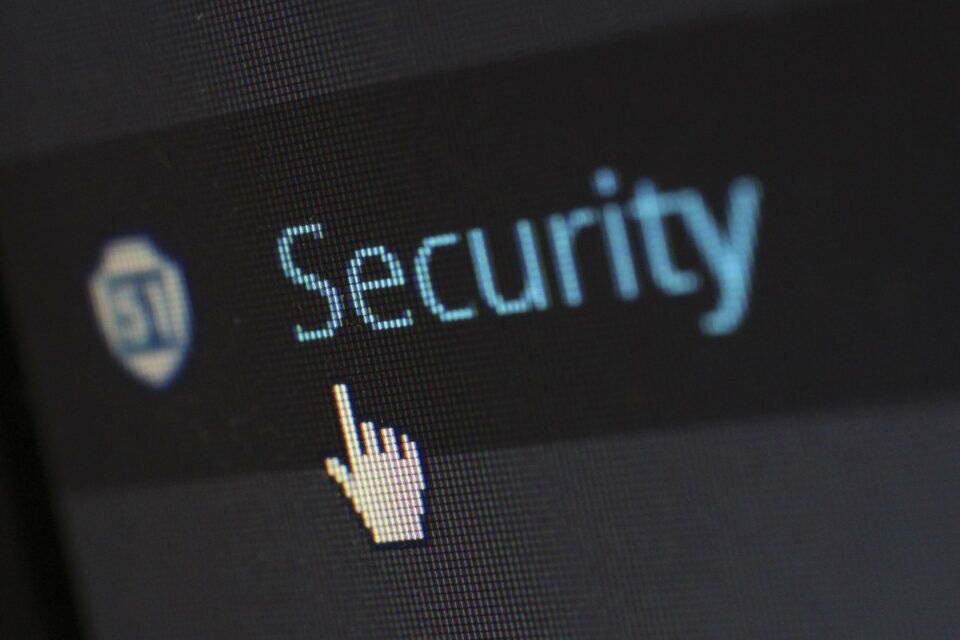
How to Secure Your PC
If you want to secure your PC with the minimum amount of fuss, then make sure you:
- Verify All Downloads: It’s very easy to fall victim to a malicious email or website. These threats appear to be genuine methods of communication in order to encourage you clicking on their malicious payload. These payloads can take the form of malicious downloads disguised as links or ‘helpful’ apps. A quick way to avoid falling victim in these scenarios is to verify the true destination of links by hovering your mouse cursor over them. You can also perform a Google search to verify the legitimacy of any website.
- Lock Your Screen: An unattended PC screen leaves you open to not only external threats, but also internal ones. Therefore, whenever you leave your workstation, make sure that you lock your PC screen. This will password protect your desktop and ensure that no one can access it. You can lock your screen instantly by hitting the Windows key and the L key.
- Use a VPN: A virtual private network (VPN) may sound like a complicated enterprise to undertake, but it’s relatively simple to install. A VPN can be installed in minutes and will use high level encryption methods to conceal your identity and data online. So, for example, if you are based within Chicago, you can use a VPN to connect to the internet through a connection based in Australia. This masks your identity and maximizes the security of any data you are transmitting.
- Do Not Write Your Passwords Down: The single biggest mistake that a PC user can make is to write their passwords down. Sure, it’s difficult to remember every single password, but there are options to overcome this such as using Google’s Password Checkup. These password managers are far superior to writing your password credentials on a Post-It note and keeping it on your desk. Revealing your login credentials publicly should be avoided at all costs.
- Only Use USB Devices That You Own: It’s not worth the risk of damaging your PC, so avoid connecting USB devices you aren’t familiar with. In fact, in a workplace, it’s recommended to disable USB access to individual workstations. If USB access is required then this should only be granted to IT professionals.
For more ways to secure and optimize your business technology, contact your local IT professionals.
Read More



